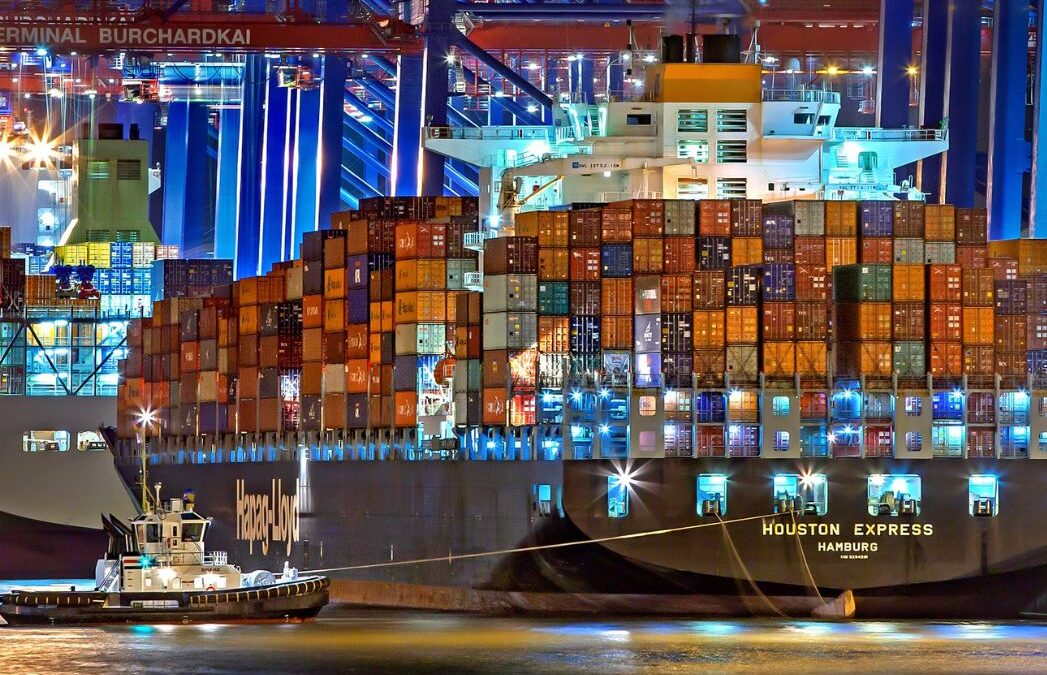
Allison Wright reveals the launch of Fireplace Ceramics Limited
14/03/2024
How Do Customers Work with Fireplace Ceramics?
27/03/2024The conflict in the Red Sea has led to the biggest shipping disruption since the COVID-19 pandemic. As a result, many industries, companies, and products have been impacted—threatening global supply chains.
This conflict has set the stage for UK industries to temporarily onshore their operations, a move aimed at reducing the risks arising from the continuous disruptions in international shipping.
Impact of the Red Sea Conflict on Global Trade
In the aftermath of the Red Sea Ship Attacks on December 21st, six prominent container shipping companies – Maersk, MSC, Hapag-Lloyd, CMA CGM, ZIM, and ONE – reduced or paused operations in the Red Sea region, due to safety concerns for their crew and cargo. This situation compelled ships to reroute around the Cape of Good Hope, leading to considerable delays and elevating shipping expenses, therefore, affecting global trade dynamics.
Reassessing Supply Chain Strategies
UK-based companies that lean heavily on imports are now forced to re-evaluate their supply chain strategies. The primary focus for these businesses is to ensure continuity and reduce the impact of these disruptions on their operations.
The Emergence of Temporary Onshoring
As a consequence, temporary onshoring—relocating production and supply chain elements back to the UK—has emerged as a viable alternative. Industries servicing global retailers and car manufacturers are seriously considering this option as containerised rates have quadrupled and delivery times have extended by four weeks since the Red Sea ship attacks.
The British Retail Consortium has also expressed worries about the rise in transportation and shipping insurance costs, which could result in product delays and price surges in the forthcoming months.
Temporary Onshoring: A Strategic Move
The decision to start temporary onshoring is not just about maintaining business continuity. It also ensures that industries can respond quickly and effectively to any further disruptions in global trade. Businesses are now recognising that this strategy can help mitigate risks associated with global shipping, safeguard against increasing transportation costs, and enhance their operational agility, even amidst ongoing conflict and uncertainty.
The Benefits of Onshoring
Onshoring offers a multitude of benefits to UK industries. It provides control over production processes and quality standards, reduces transportation costs and lead times, and enhances a company’s ability to respond swiftly to market demand. Furthermore, onshoring increases flexibility in production and creates numerous local job opportunities.
The surge of onshoring within UK industries can have significant economic and societal implications. It can boost domestic manufacturing activity, contributing to economic growth, job creation, and skills development. Additionally, it has the potential to stimulate innovation, support sustainable practices, and strengthen local supply chains.
The Future of Onshoring in UK Industries
The rise of onshoring within UK industries is a trend that shows no signs of decelerating. While the process comes with its share of challenges, the benefits and potential impact on the economy and society make it an attractive consideration for many businesses.


